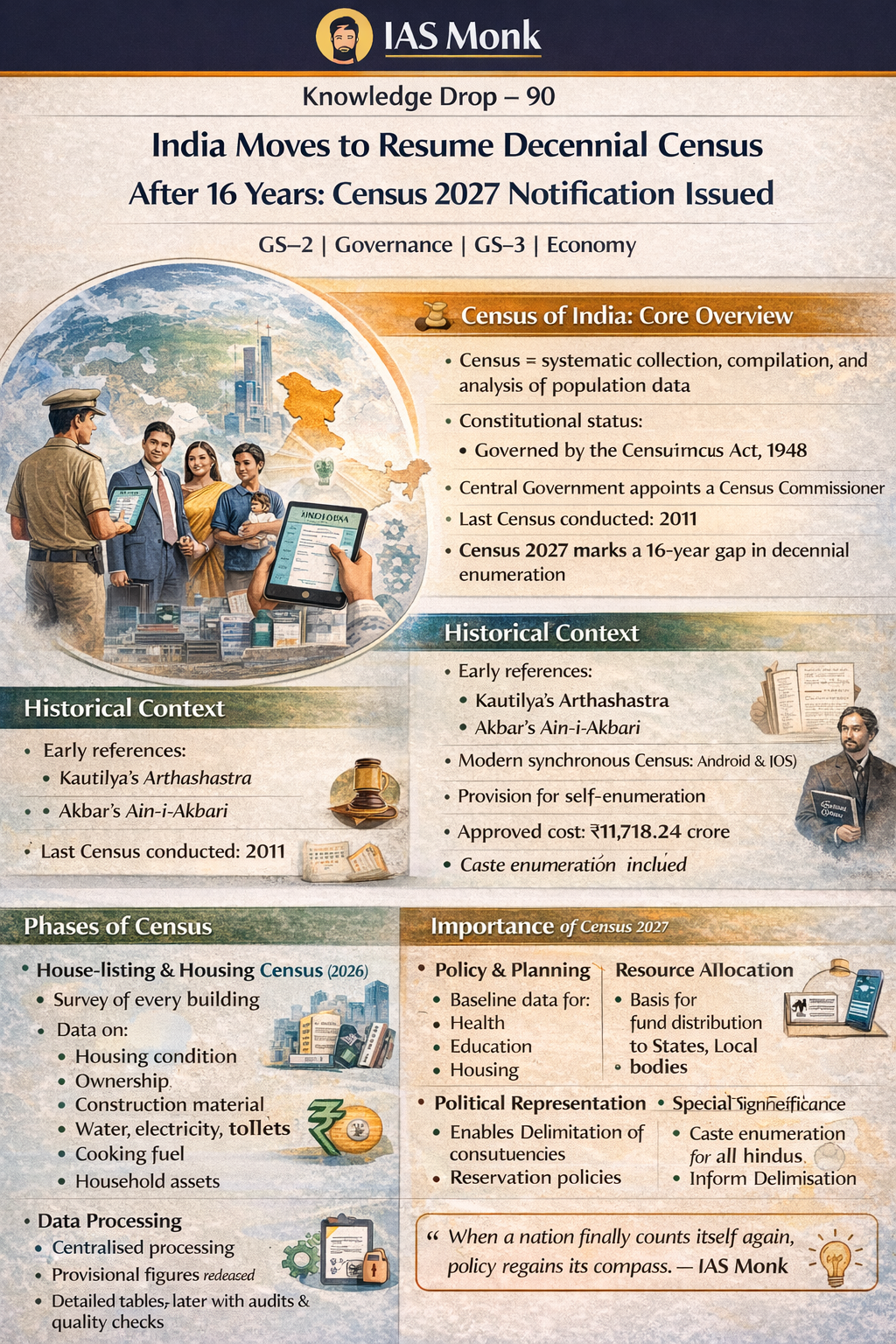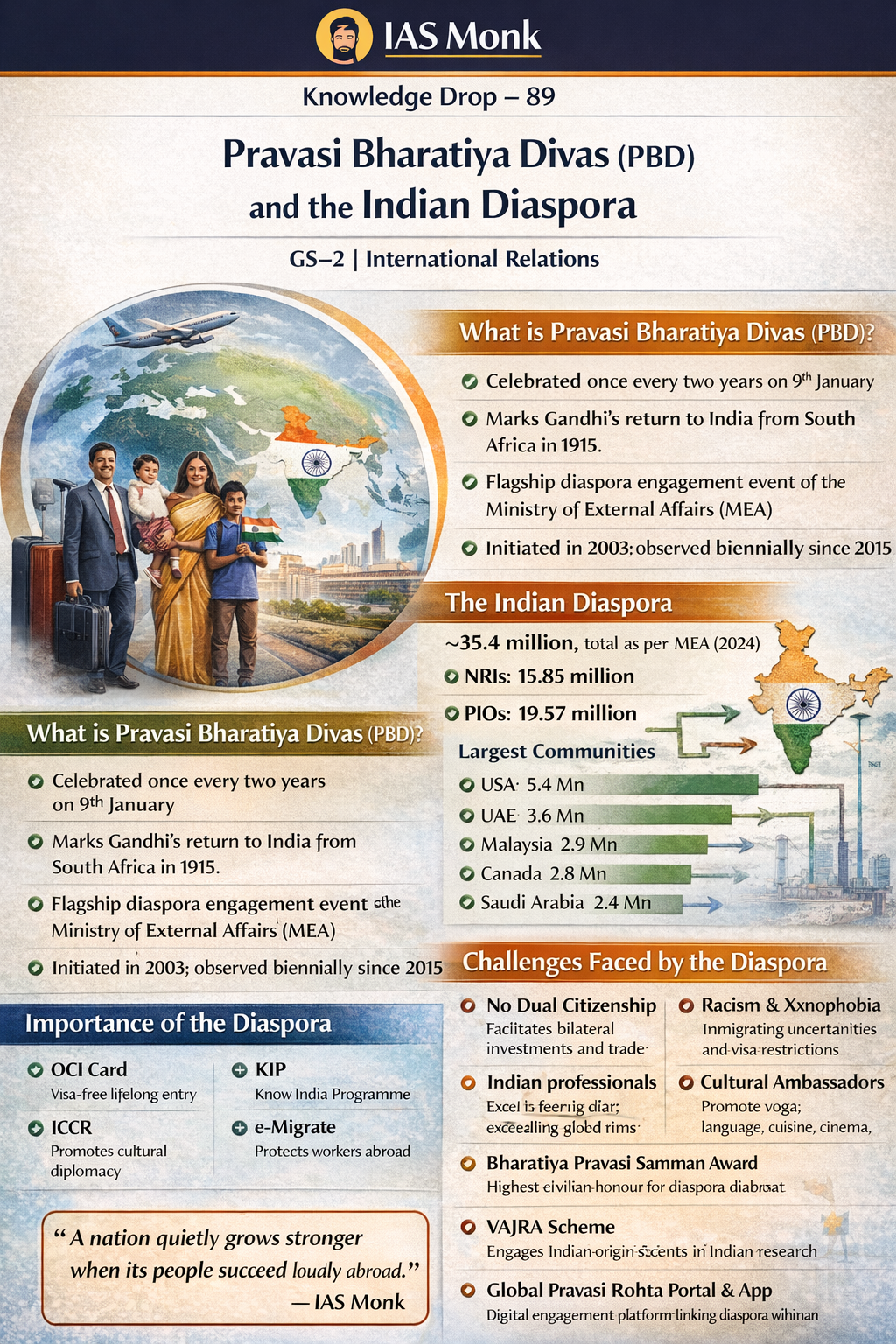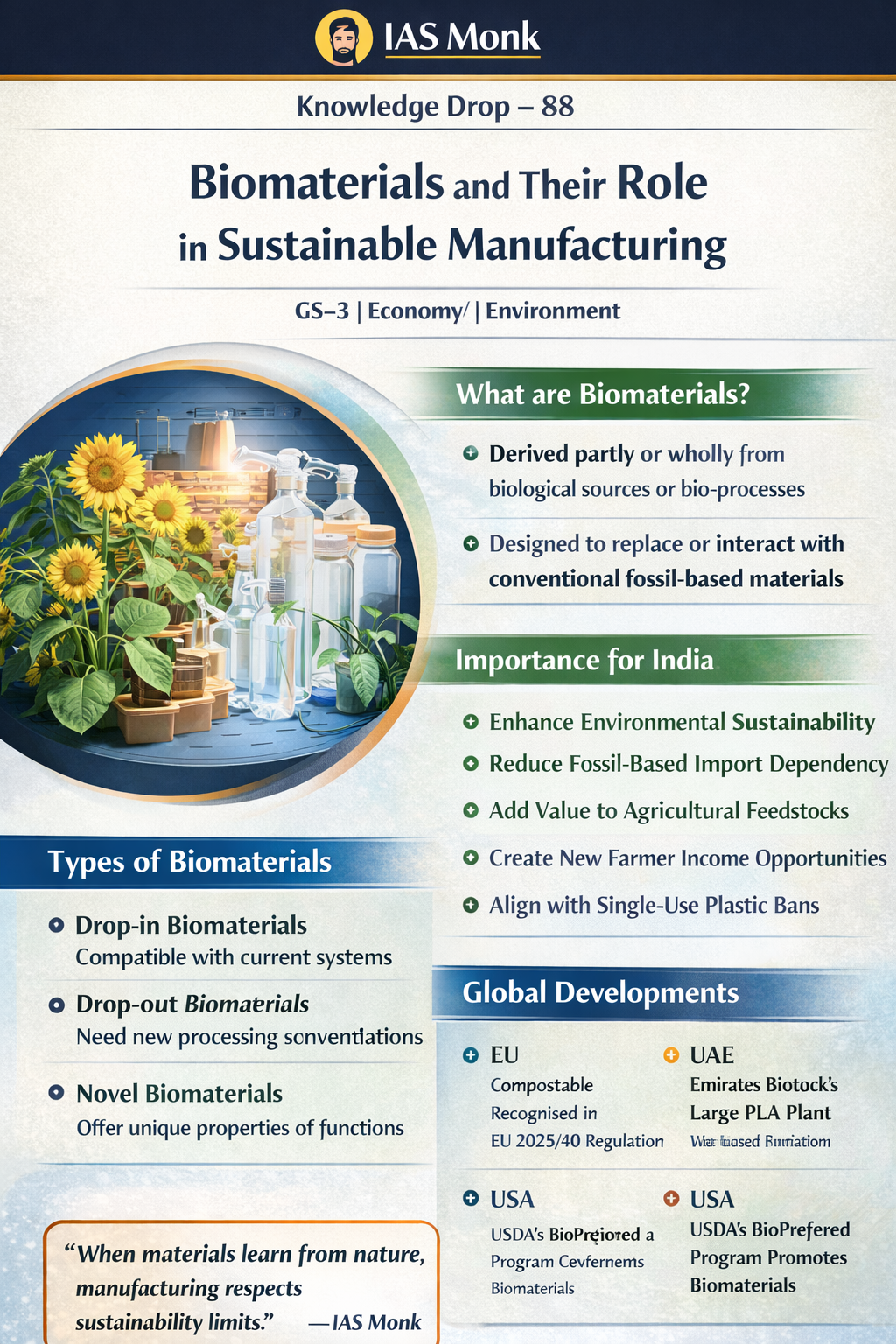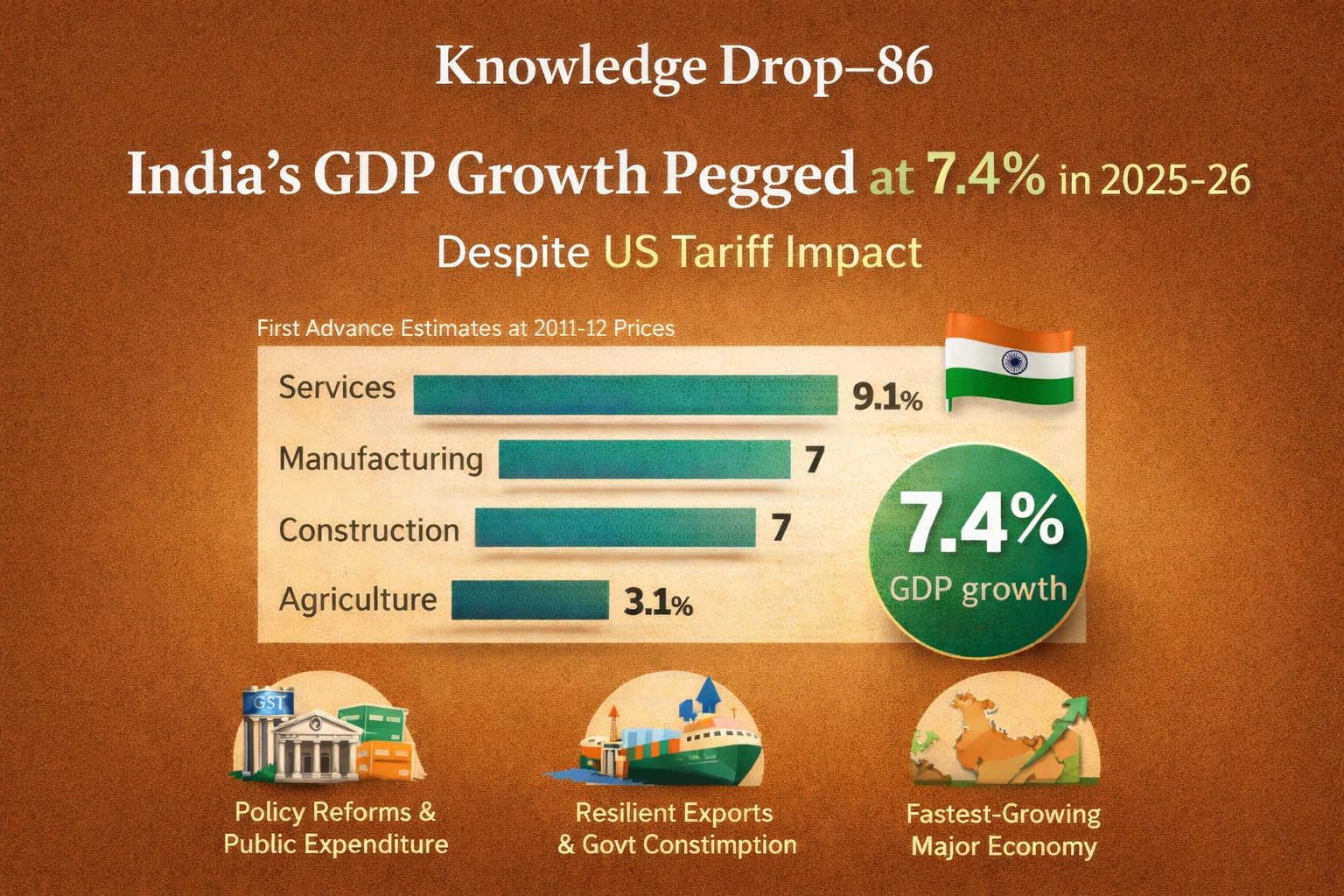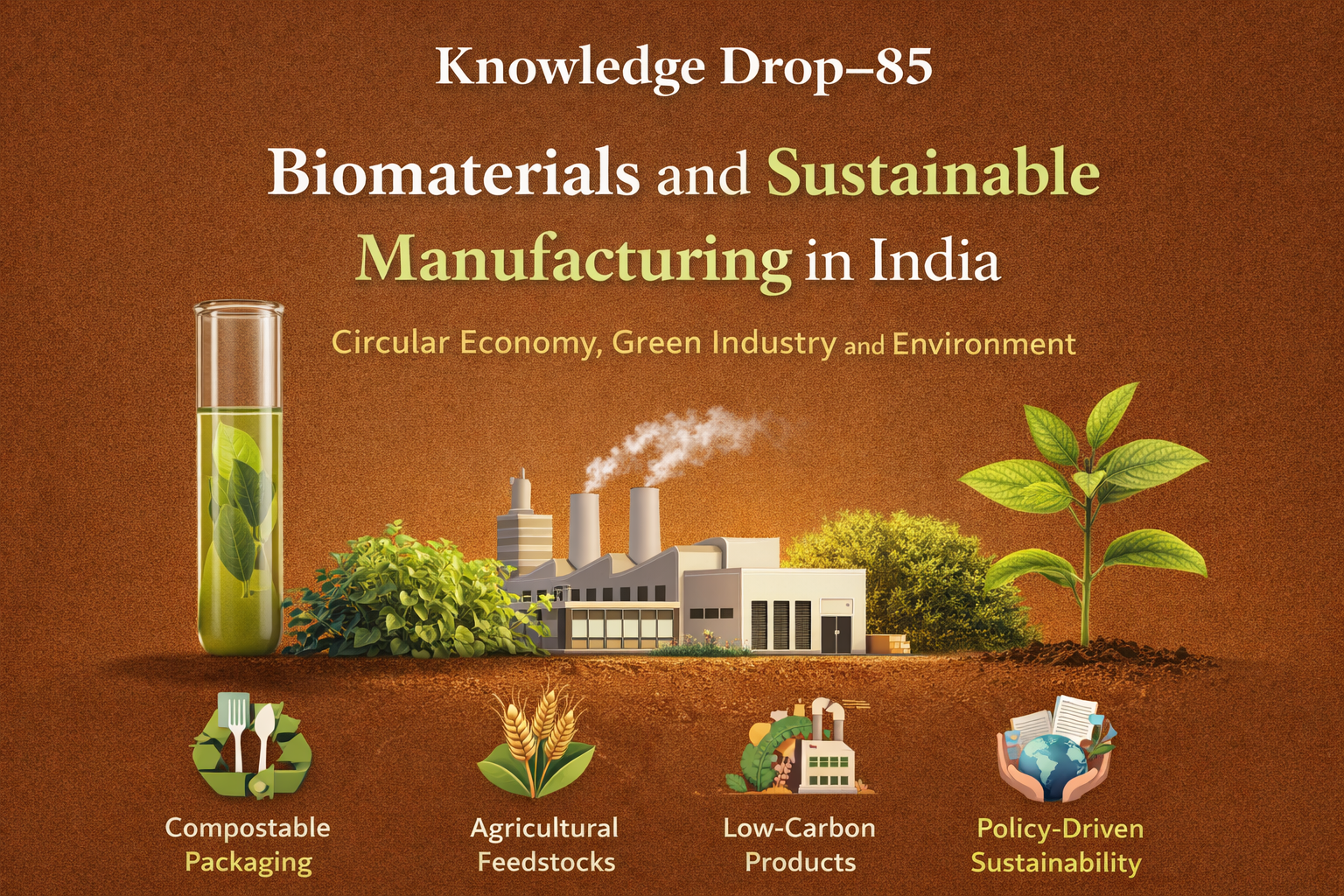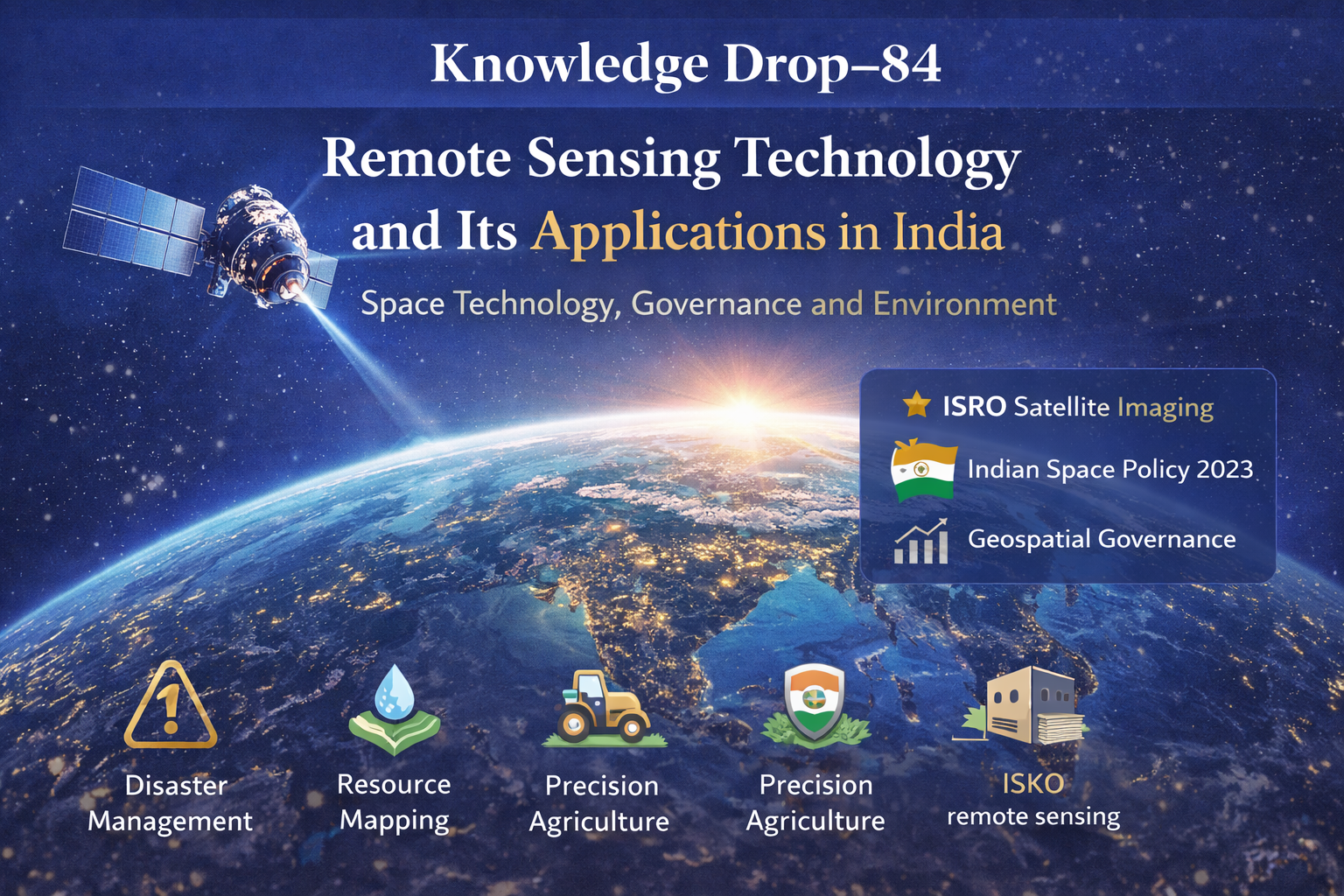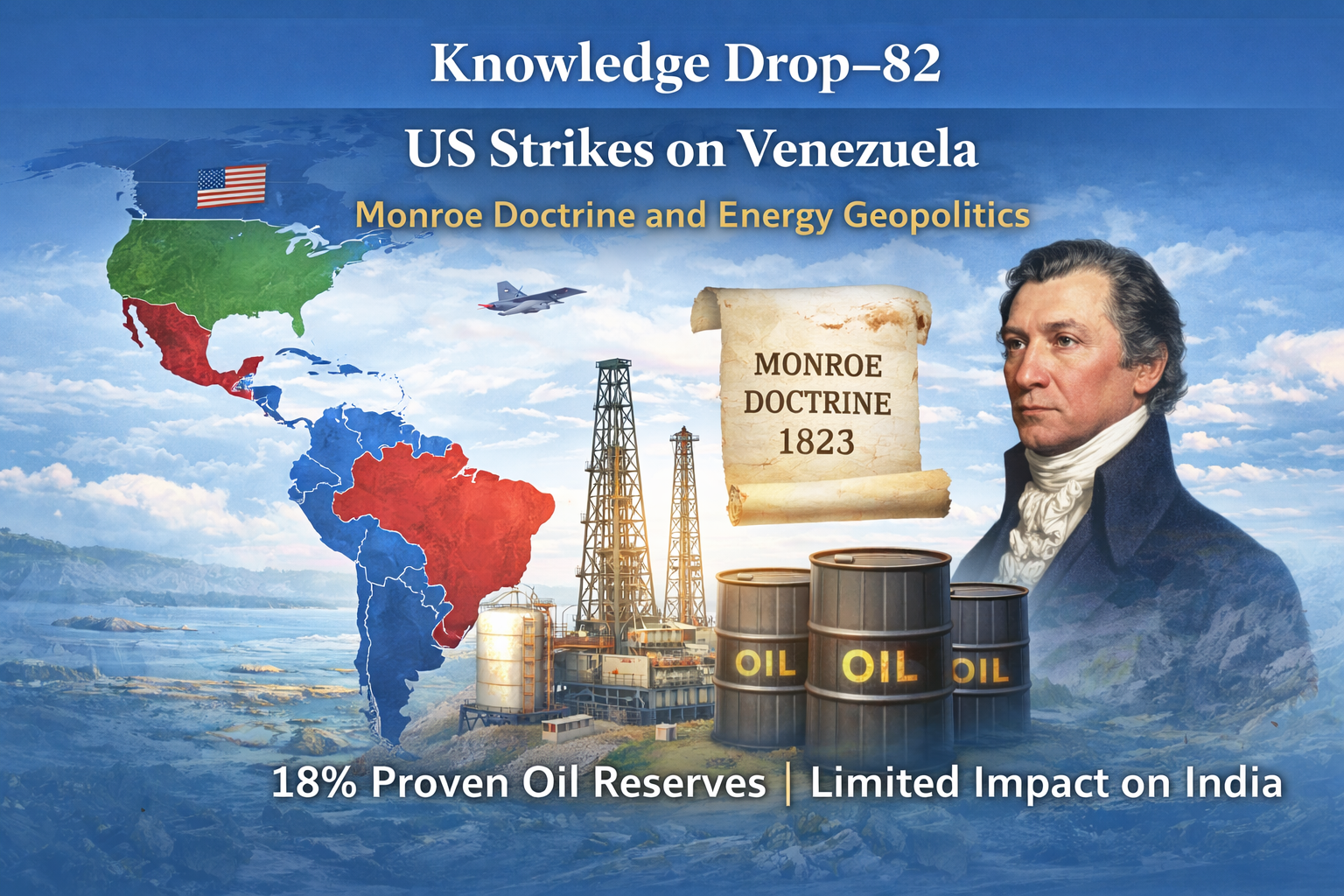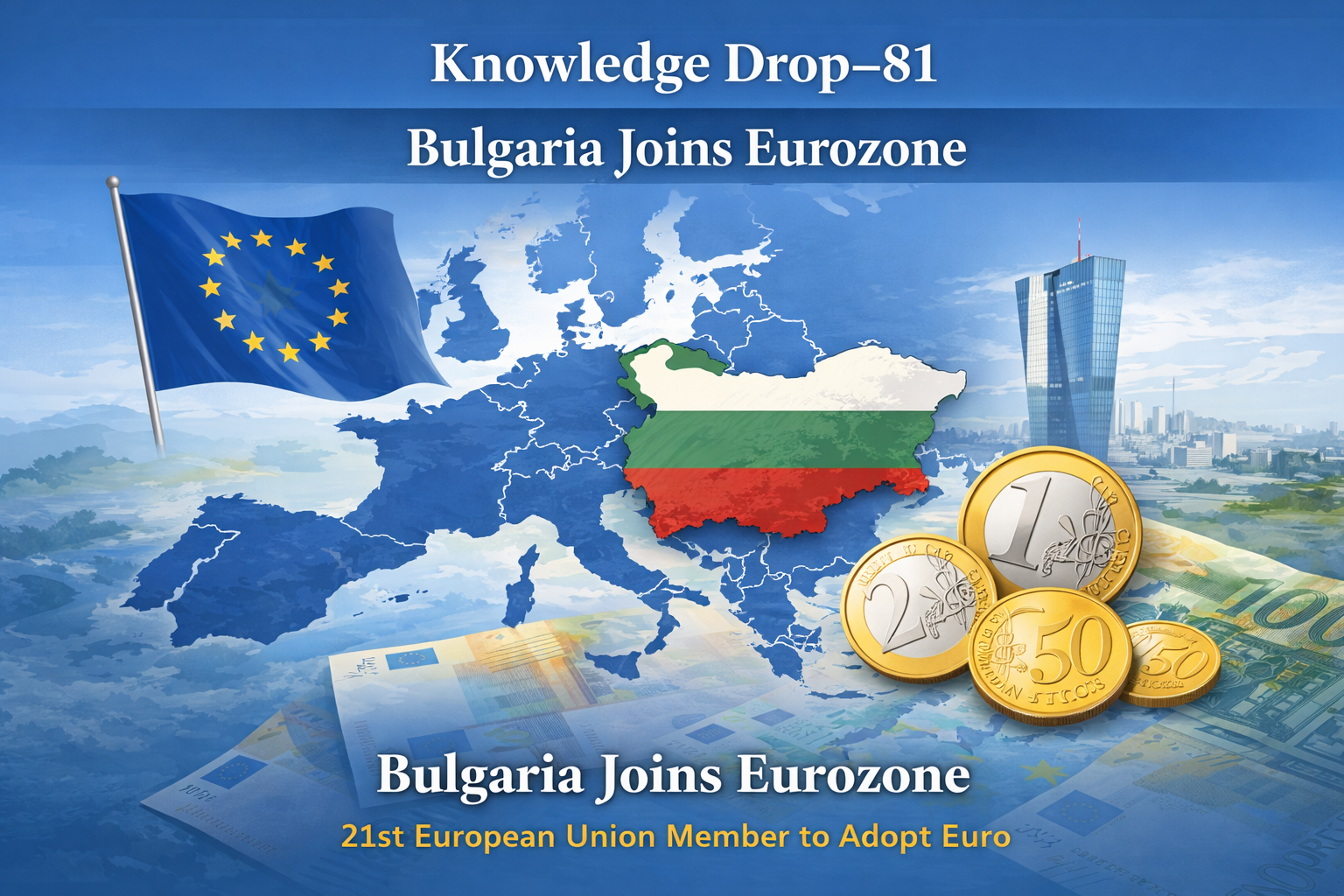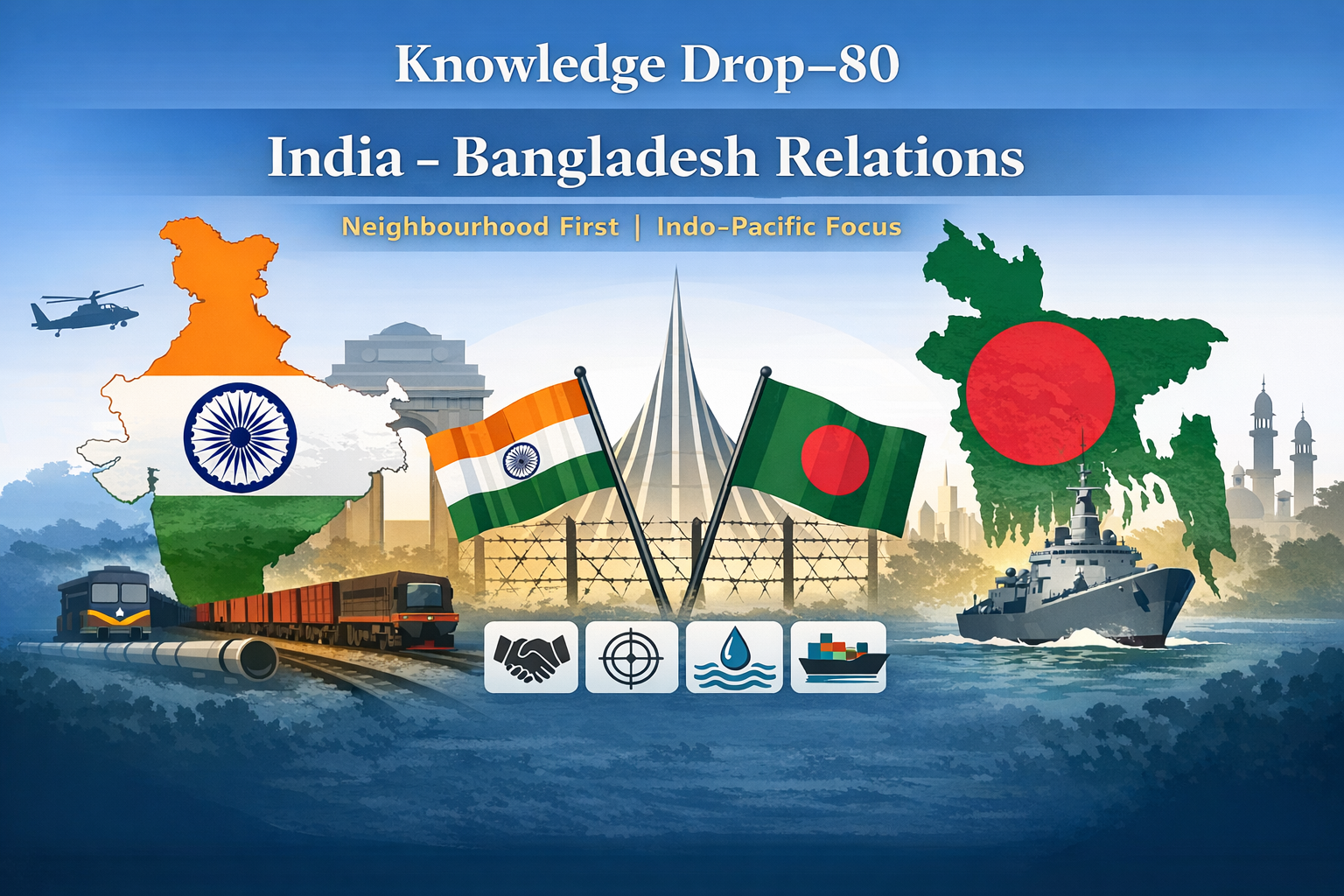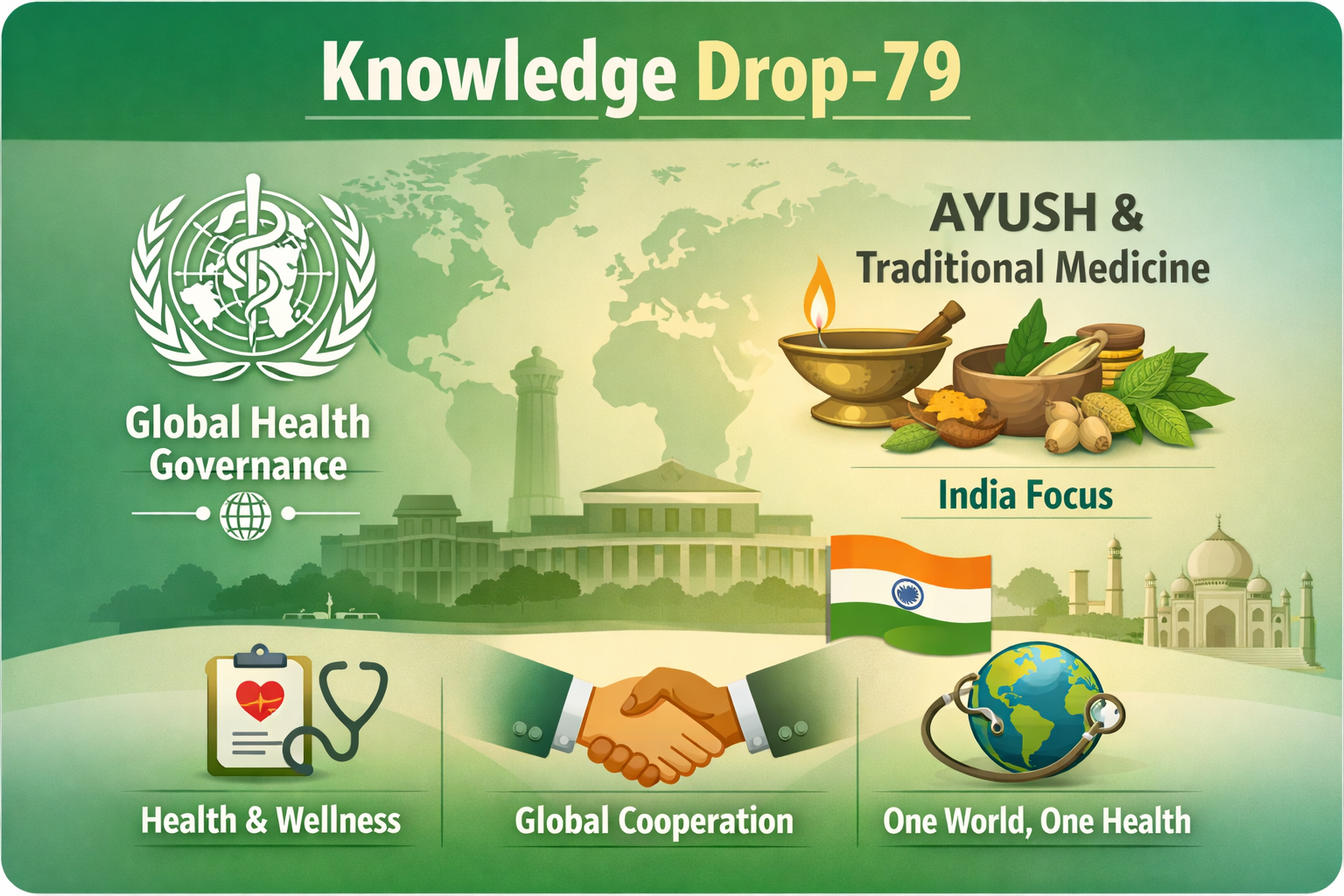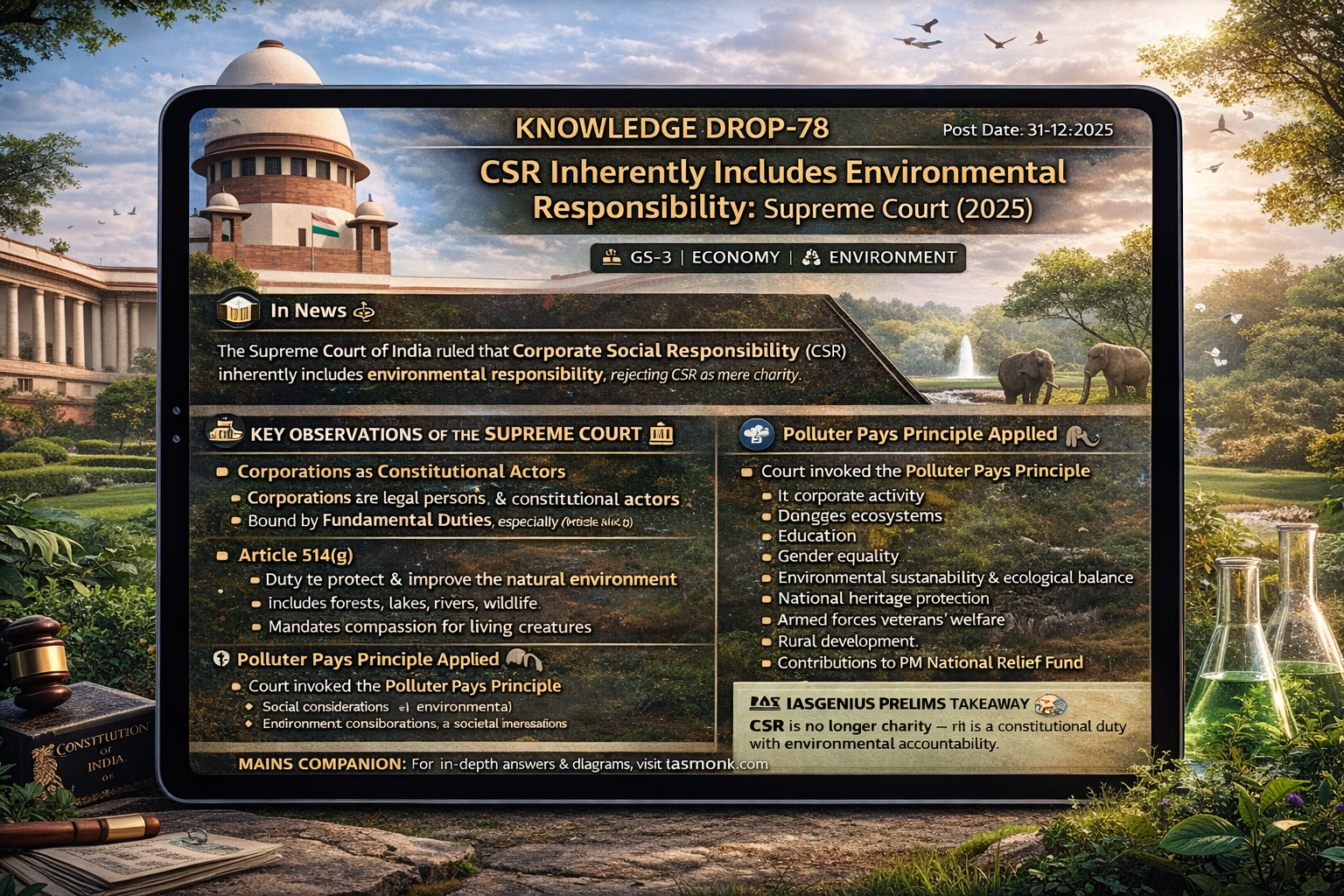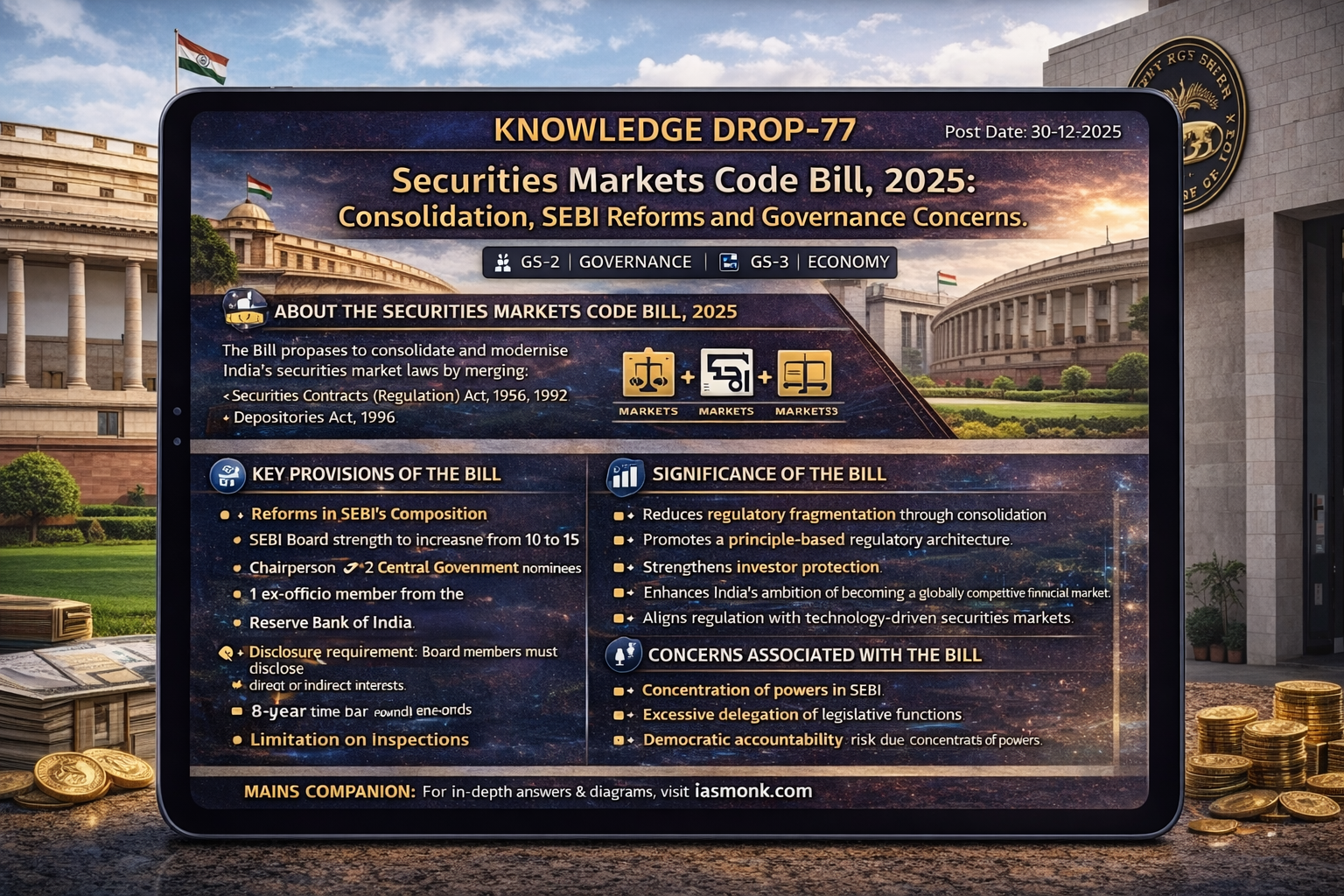
003- Apr 5 🌍 South Sudan Declared Ebola-Free – A Victory for Regional Health Collaboration

On April 5, 2025, the World Health Organization (WHO) officially declared South Sudan Ebola-free, following 42 consecutive days with no new infections, a key milestone based on WHO’s disease eradication protocol.
The declaration signals not just the containment of a deadly virus, but the effectiveness of coordinated regional surveillance, community health systems, and rapid response capacity.
🦠 What is Ebola?
Ebola Virus Disease (EVD) is a severe and often fatal illness, transmitted through direct contact with infected bodily fluids or contaminated materials.
- First identified in 1976 (Democratic Republic of Congo)
- Mortality rate: 25%–90% depending on the outbreak
- Causes severe fever, bleeding, organ failure
📊 Key Highlights of the South Sudan Response:
| Phase | Strategy |
|---|---|
| 🧪 Detection | Active contact tracing, early diagnosis |
| 🏥 Isolation | Quick response teams & mobile treatment units |
| 🌐 Collaboration | Support from WHO, African CDC, and neighboring countries |
| 🛡️ Education | Community outreach, awareness campaigns in local languages |
| 📉 Result | Zero cases for 42 days → Declared Ebola-free |
🤝 Why This Victory Matters
- Reinforces health systems in conflict-affected nations
- Sets a precedent for regional disease control
- Builds trust in international health mechanisms
- Highlights the role of local resilience & global support
🧭 Relevance for Exams
- GS2: International organizations, health diplomacy
- GS3: Disaster management, disease surveillance systems
- Essay: “Global health is global peace in disguise.”
✨ Conclusion
“Epidemics don’t recognize borders — and neither must humanity’s compassion.”
South Sudan’s Ebola-free status is a quiet, powerful headline.
It speaks of nurses who never slept, of villagers who learned and taught, of doctors who crossed rivers not just to save lives, but to show what solidarity can do.

